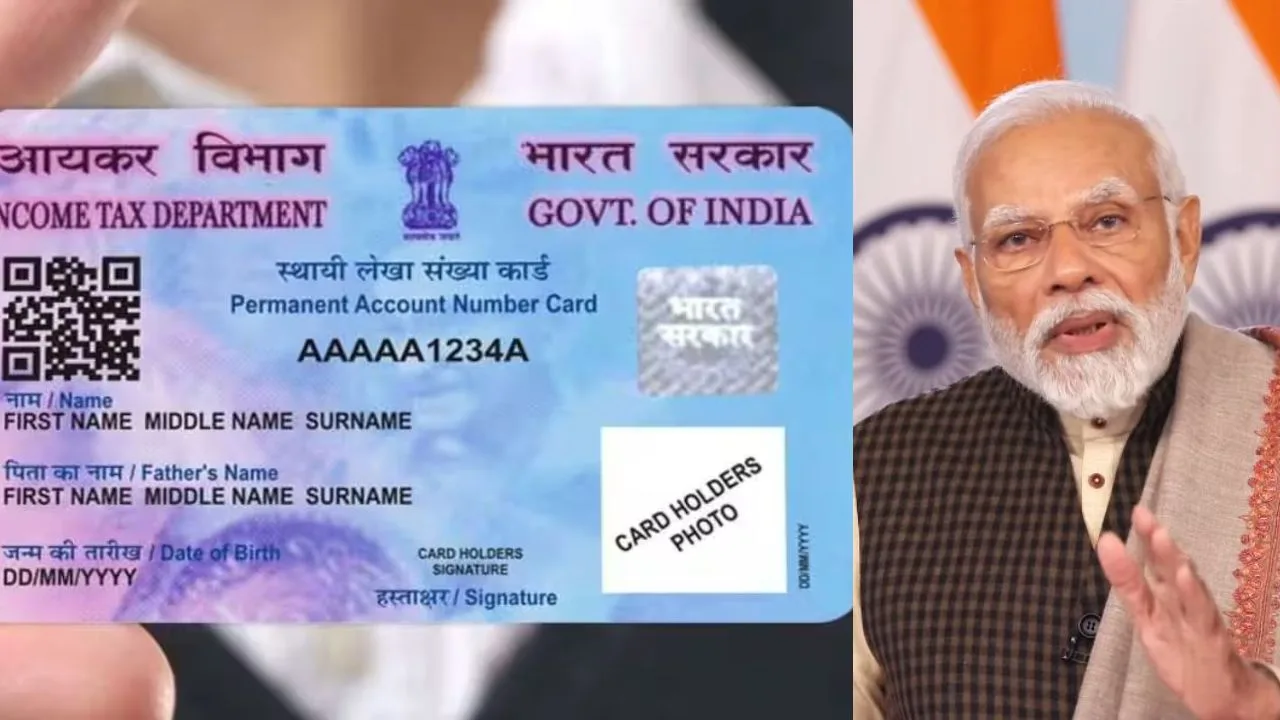This situation may have occurred before when presenting a PAN card for hotel check-in, it might be refused. This indicates that a PAN card, while acceptable as identity proof, does not qualify as address proof. The same requirement applies when purchasing a SIM card, where an additional document showing the address must be provided. Essentially, a PAN card is primarily useful for income tax purposes.
Then what happened that the government had to order to stop its misuse? And why did it have to do so many big companies are misusing your PAN card without your permission? In the market language, these are called fintech and consumer tech. Let us explain with examples.
Your credit score will be improved.
It can be guaranteed that such messages must appear on your SMS inbox and WhatsApp every month or two. There is no need to tell where because we do not know where we have shared our PAN card details. Along with this, messages like a loan of Rs 5 lakh in five minutes, home loan rates will shock you also come. No matter how tough a guy you are, such messages melt you at some point or the other. These many examples are enough to understand the new order of the government.
Ever wondered how loan offers keep flooding in, even when no recent loan applications have been made? This is often the work of fintech and consumer tech companies that possess your PAN card details. These companies could be loan providers, e-commerce platforms, or others. Interestingly, these details were likely shared voluntarily when visiting their app or website. While the interaction may have ended there for the user, for these companies, each user represents a golden opportunity.
These companies create a profile for you, known as ‘PAN Enrichment.’ This means that whenever you complete a loan or there’s any change in your credit score, you are instantly notified. Even if no changes occur, they continue to monitor your credit score without your consent. Eventually, as we mentioned, you may end up clicking on one of their messages.
However, this practice will soon end. The Indian Cyber Crime Coordination Centre (I4C), operating under the Ministry of Home Affairs, has directed fintech and consumer tech companies to halt these activities. This order, issued under the Digital Personal Data Protection Act, 2023 (DPDP), mandates that companies can only check your credit history with your permission. If you decline, then ‘no means no.
